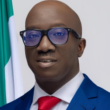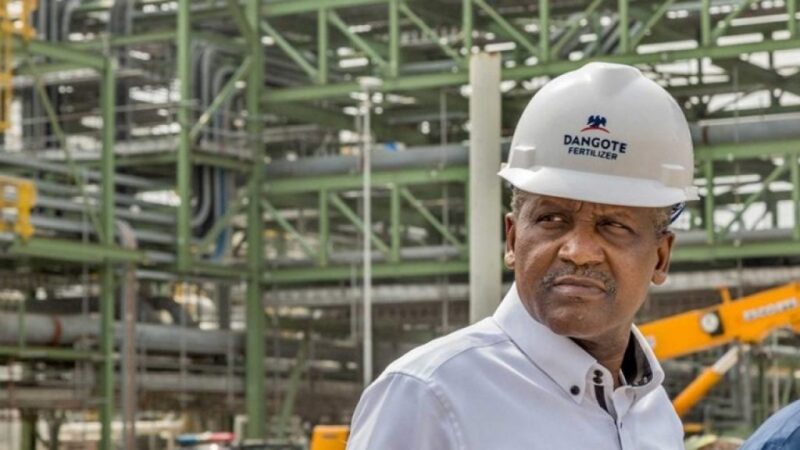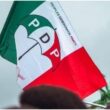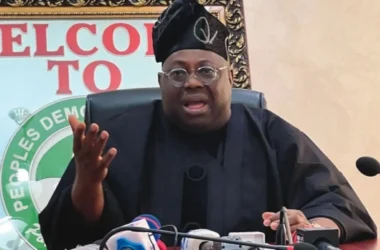Oil marketers have raised concerns over the high prices of Premium Motor Spirit (PMS), commonly known as petrol, produced by the Dangote Petroleum Refinery and distributed by the Nigerian National Petroleum Company Limited (NNPC).
They argue that these prices may justify the continued importation of petrol into Nigeria, despite the refinery’s potential to meet the country’s fuel demands.
The Dangote refinery, located in Lekki, Lagos, was expected to help reduce Nigeria’s reliance on imported fuel. However, the prices announced by the NNPC have alarmed marketers.
As per the new price list, petrol could be sold for as much as N1,019 per litre in Borno State, while in Lagos, the lowest price will be N950 per litre.
Other areas, including Abuja and Kano, will see prices of around N999 per litre. In states like Rivers and Oyo, it is expected to cost N960 per litre.
Many oil marketers have stated that such prices could lead to increased petrol importation, as they believe some companies will struggle to get sufficient quantities from the Dangote refinery and will need to supplement supplies with imported fuel.
“As it is now, I don’t know what magic they (NNPC and Dangote) are going to perform because a lot of companies are surely going to be involved in the importation of PMS. This is because whatever is going to come out of that place (Dangote refinery), it is either there will not be enough transparency in the allocation of the product, or there will be other issues.
“Also, some big players may not get enough quantity from the plant and they will have to complete this with imported products. Like I told you, all things being equal, from September 17 (today), PMS vessels by marketers, not NNPC, should start coming into the country,” a major marketer, who spoke on condition of anonymity due to lack of authorisation to speak on the matter, stated.
The source added, “Let me also state that as it is now, you will see PMS for N1,200/litre in some stations, this can also happen in Lagos because, at N950 and N1,019/litre, there will be a market for imported products. Yes, you will see a price of N950 here and in another location, you will get it at about N1,200. It now depends on the customers.
“Those who can queue may opt for the cheaper prices and wait in the queues, while people in haste will drive into stations that sell at higher rates to buy the product. So, the price by Dangote will encourage importation. And like I told you earlier, a lot of marketers are having their cargoes before the end of the month.”
The pricing strategy has also drawn criticism from the Independent Petroleum Marketers Association of Nigeria (IPMAN), which expressed concerns that local petrol should not be more expensive than imported fuel.
IPMAN’s National Welfare Officer, John Kekeocha, questioned, “If NNPC can sell Dangote products higher than the imported products, then it doesn’t make sense.”
The NNPC responded by explaining that the fuel it obtained from the Dangote refinery was paid for in U.S. dollars and that naira transactions would not commence until October 1, 2024. The company assured that if any pricing adjustments were made by Dangote, these would be passed on to the public.
Meanwhile, industry groups such as the Organised Private Sector (OPS) and the Nigerian Association of Chambers of Commerce, Industry, Mines, and Agriculture (NACCIMA) expressed concern over NNPC’s role as the sole buyer of petrol from the Dangote refinery. They argued that this arrangement limits competition and could distort market pricing, calling for more transparency in fuel pricing.
The President of the Petroleum Products Retail Outlets Owners Association of Nigeria (PETROAN), Billy Gillis-Harry, described the prices as “terrifying” but acknowledged the clarity provided by NNPC in its pricing breakdown. He emphasized the need for transparency and urged that the importation of fuel should be minimized to allow the country to stabilize its supply from local sources.










